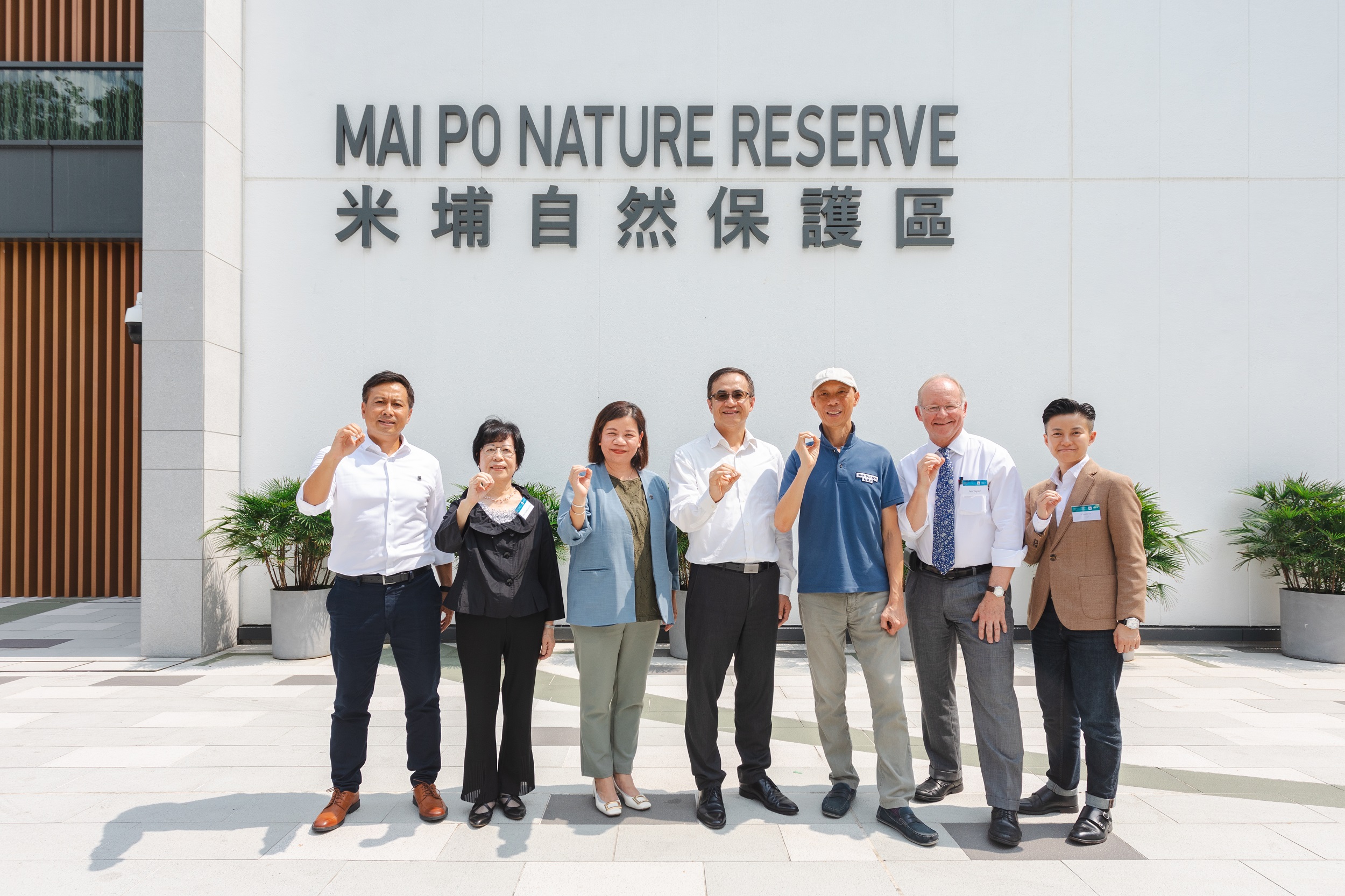
Citing Lantau’s Mui Wo as the prime case for examination, the research outlined similar challenges faced by peri-urban landscapes in Hong Kong, highlighting the importance of balancing economic and social development with environmental conservation. It proposes six actionable NbS for Mui Wo, also applicable to New Development Areas (NDAs): establishing a water buffalo park, developing an eco-shoreline, promoting regenerative agriculture, increasing aerial greening, building an integrated wetland treatment system, and river revitalisation.
These solutions aim to address the environmental challenges and enhance the overall sustainability of the area. The study will serve as a comprehensive guidebook for diverse stakeholders, including the government, developers and other related sectors, to prioritise sustainability in rural development, foster green financing and ultimately boost Hong Kong’s green economy.
A launch event was held today, featuring speeches by Dr Vincent Cheng, Arup Fellow and East Asia Climate and Sustainability Services Leader, and Ms Nicole Wong, Chief Executive Officer of WWF-Hong Kong at the opening ceremony.
In his opening remarks, Dr Vincent Cheng said: “Today’s publication uses Mui Wo as an exemplary case study, demonstrating how Nature-based Solutions could be effectively integrated into Hong Kong’s new development areas. Through this case study, we aim to inspire individuals, communities, policymakers, and businesses to embrace Nature-based Solutions as a fundamental part of our urban development agenda. It is a call to action, urging each and every one of us to contribute to the cause of nature conservation and sustainability. We must recognise that our actions today will shape Hong Kong’s future for generations.”
Ms Nicole Wong said: “The collaboration between Arup and WWF-Hong Kong marks a significant milestone in the realm of environmental conservation. Nature-based Solutions offer a promising approach to address many of the environmental and societal challenges facing Hong Kong.”
This was followed by a panel discussion led by Mr Wong Kam Sing, Former Secretary for the Environment, with esteemed panelists from environmental, property, utilities and urban planning sectors. These included Dr Bosco Chan, Director, Conservation of WWF-Hong Kong; Prof Rebecca Chiu, MH, JP, Honourary Professor at Department of Urban Planning and Design, University of Hong Kong, and Bartlett School of Planning, University College London; Mr Jim Taylor, Senior Director of Planning and Development at CLP Power Hong Kong Limited; and Ms Claudia Yu, East Asia Nature Positive Design Leader at Arup. The business leaders across industries shed light on how to implement NbS in Hong Kong’s NDAs and capture the rising opportunities in TNFD (The Taskforce on Nature-related Financial Disclosures) reporting.
Ms Claudia Yu said: “We should acknowledge the value of nature and incorporate Nature-based designs in future city planning. The six Nature-based Solutions we proposed serve as a compelling demonstration of practical applications and show the potential for adopting Nature-based design, benefitting both the local community and the environment. We have also developed a landscape carbon calculator that allows us to evaluate the potential carbon emissions and sequestration, providing a roadmap towards a climate positive future. We look forward to applying this new concept in more future projects.”
Dr Bosco Chan said: “We should fully embrace NbS in Hong Kong’s new development projects, as this approach provides exciting opportunities to harmonise nature conservation and development.”





